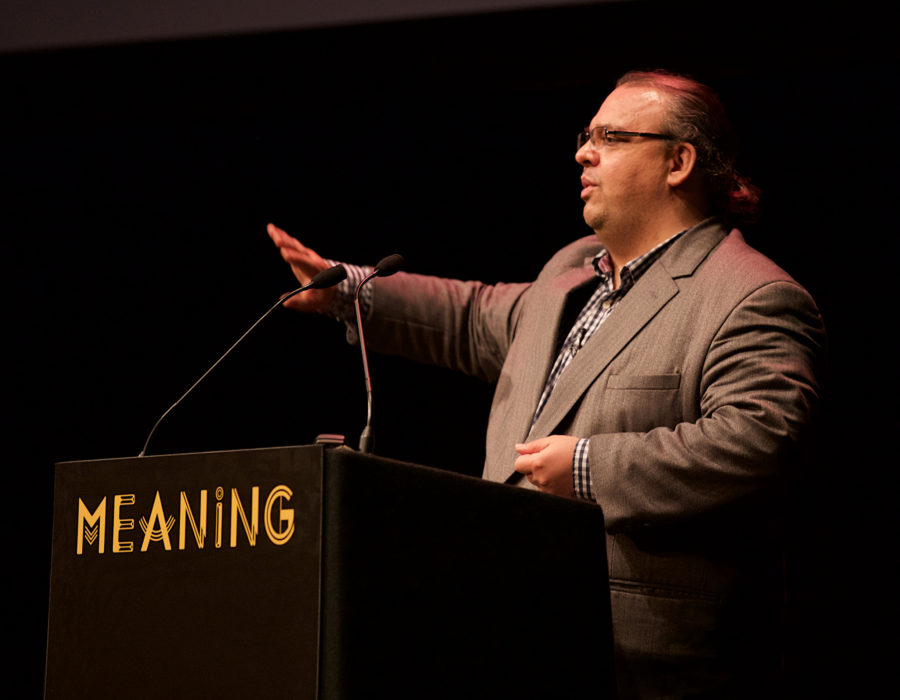I was looking for the tools that you could use to solve global problems in an environment when the nation-state has turned out to be a very very ineffective set of machinery at all. So I’m going to talk a little bit about the technology. I’m going to talk a little bit about what it does and where it’s going. And then I’m going to try and tell a story about the kind of global long-term picture that we could get if this stuff actually works.
Archive
So long as we’re limited to one planet, ultimately our resources are limited. And therefore every person in the world is competing with every other person in the world for a piece of a finite pie. Okay, and every new person born is a threat, every nation is fundamentally the enemy of every other nation, every race of every other race, and the only question is how do we kill them.
Everything we know about biological sciences, medicine, agriculture, disease, whatever, is based on studying one example of life. Life on Earth. Life as we know it. If we find another example that’s different, a second genesis, and independent origin of life, comparing those two might enable us to answer questions that we would never be able to answer if we only had one example to study. That could provide practical benefits for humans as well as better understanding of how to manage ecosystems, etc.

